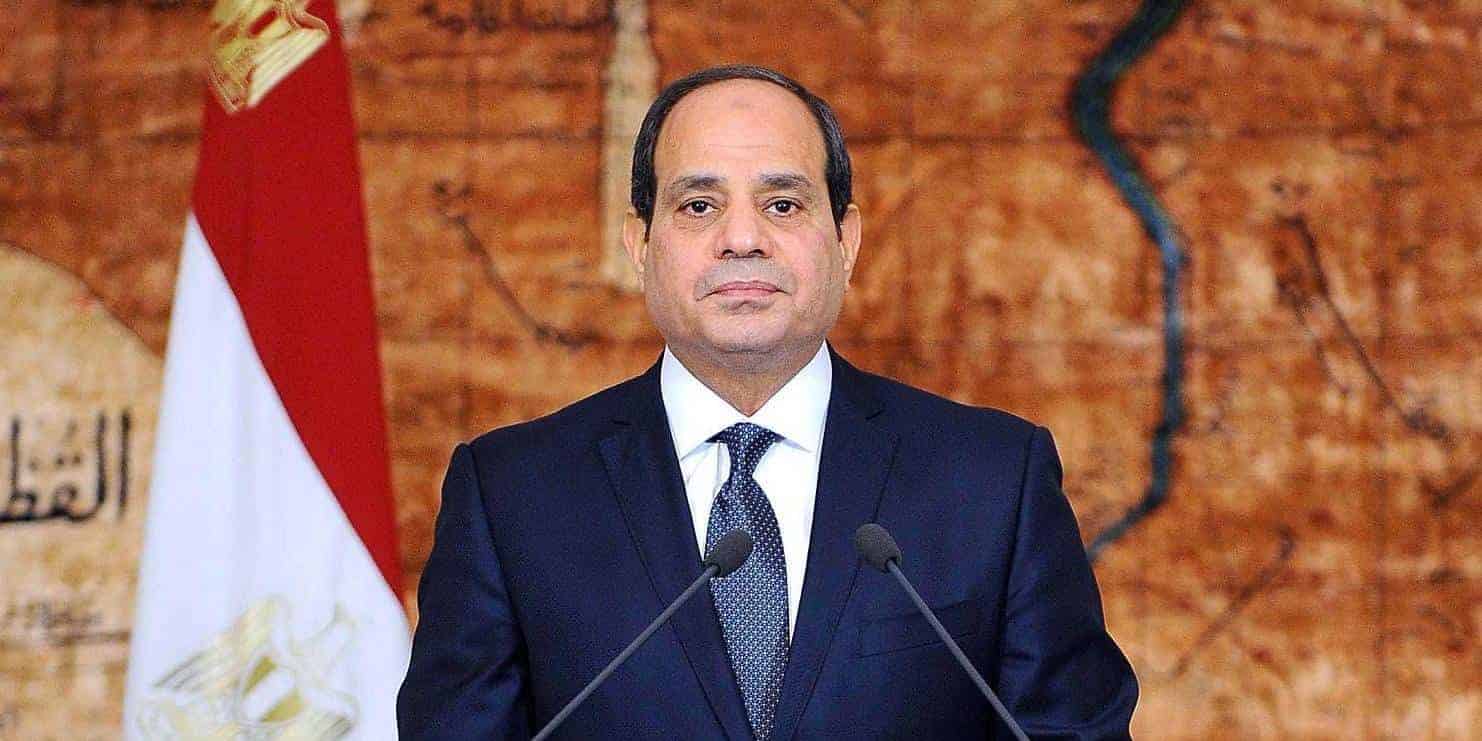Cairo, Egypt— A senior Russian delegation met on Sunday with Egyptian President Abdel Fattah al-Sisi in Cairo, his spokesman said, with the parties committing to “continuing to strengthen bilateral relations”.
Despite calls by Western powers to isolate Russia over its invasion of Ukraine last year, Cairo has maintained relations with Moscow, in part to mitigate the blow to its economy and to Egyptians’ food security.
Sisi’s spokesman Ahmed Fahmy said in a statement the visiting delegation was led by Mikhail Bogdanov, Russia’s deputy foreign minister and President Vladimir Putin’s special envoy to the Middle East, and included Deputy Prime Minister Denis Manturov.
The two sides committed to strengthening ties across multiple sectors, Fahmy added, including Egypt’s first nuclear power plant being built by Russia’s state atomic energy corporation Rosatom.
Also read: Russia assures Egypt of providing grains as per order
The visit came two days after the Hague-based International Criminal Court announced an arrest warrant for Putin on the war crimes accusation of unlawfully deporting Ukrainian children.
In a visit to Cairo in January, US Secretary of State Antony Blinken hailed “Egypt’s votes in the United Nations to condemn Russia’s invasion” as a show of support for Ukraine.
But along with many other Arab states dependent on Russian imports, Cairo sought to avoid straining relations with Moscow.
Before the war, which has entered its second year, 85 percent of Egypt’s wheat imports were sourced from both Russia and Ukraine.
Since the February 2022 invasion, food prices have skyrocketed in the North African country, contributing to a punishing economic crisis.

